- menu title
-
Custom Menu
add remove
-
Navigation
add remove
-
menu title
add remove
-
menu title
add remove
-
menu title
add remove
-
menu title
add remove
-
menu title
add remove
- menu title
-
Custom Menu
add remove
- Navigation add remove
-
menu title
add remove
-
menu title
add remove
-
menu title
add remove
-
menu title
add remove
-
menu title
add remove
e-reader: IMDG Code Supplement, 2022 Edition
This e-reader is accessed using The IMO Bookshelf. For more information about The IMO Bookshelf, including purchasing and assigning e-reader products, please visit
https://www.imo.org/en/publications/Pages/Bookshelf1.aspx
The International Maritime Dangerous Goods Code (IMDG Code) lays out the regulatory framework for all aspects of handling dangerous goods and marine pollutants in sea transport, but does not include all details of procedures for packing of dangerous goods or actions to take in the event of an emergency or accident involving personnel who handle goods at sea. This Supplement presents the publications associated with the IMDG Code that cover these aspects of the transport of dangerous goods.
The 2022 edition of the Supplement features:
• the Revised Emergency Response Procedures for Ships Carrying
Dangerous Goods (EmS Guide), taking into account Amendment 41-22 to the IMDG Code;
• the Medical First Aid Guide for Use in Accidents involving
Dangerous Goods (MFAG);
• the Reporting procedures;
• the Recommendations on the safe use of pesticides in ships;
• the International Code for the Safe Carriage of Packaged
Irradiated Nuclear Fuel, Plutonium and High-Level Radioactive Wastes on board Ships (INF Code); and
• other appropriate resolutions and circulars pertaining to the
transport of dangerous goods, including *Guidelines for the
implementation of the inspection programmes for cargo transport units* (MSC.1/Circ.1649) and the *List of non-exhaustive voluntary guidance on pest contamination* (MSC.1/Circ.1650).
The IMDG Code Supplement should be of interest to maritime
administrations, shipping companies, manufacturers, packers,
shippers, feeder services such as road and rail, and port authorities.


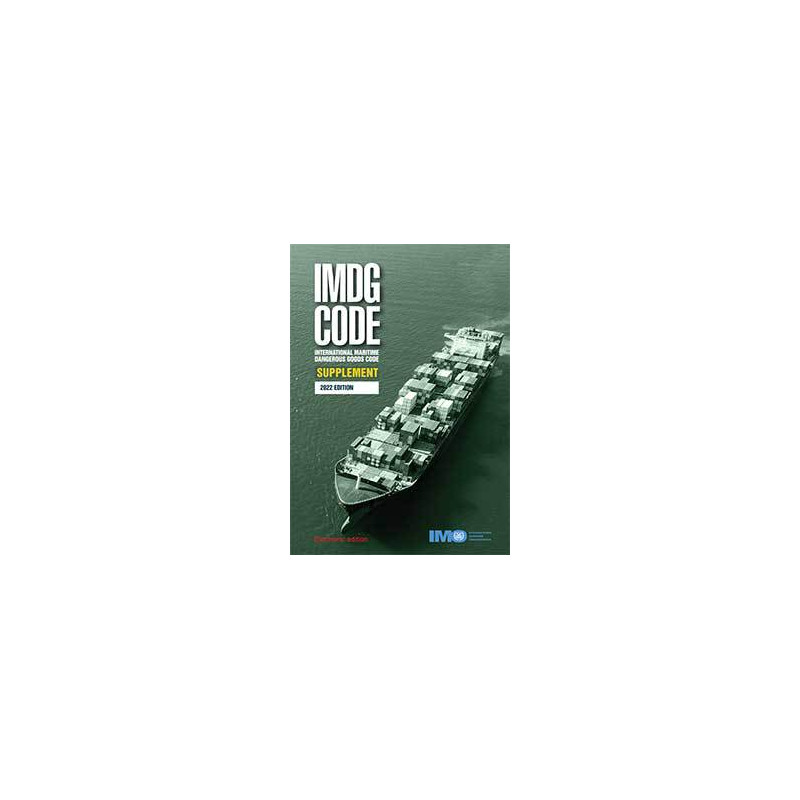

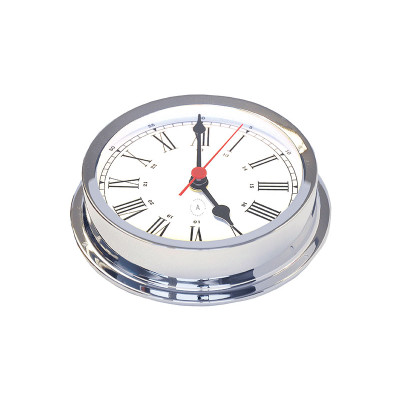

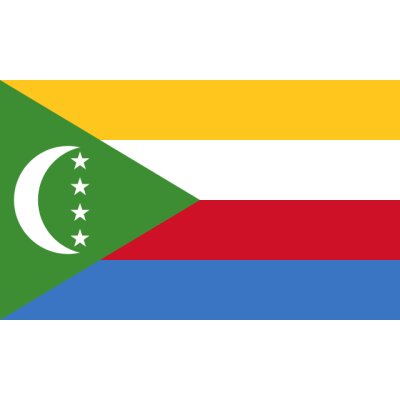

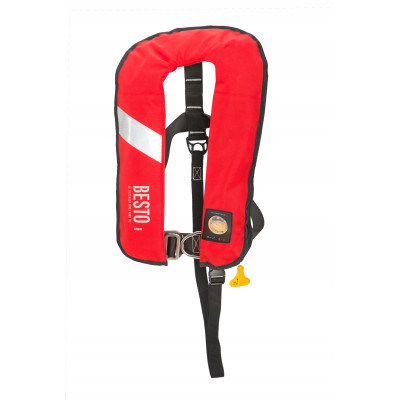
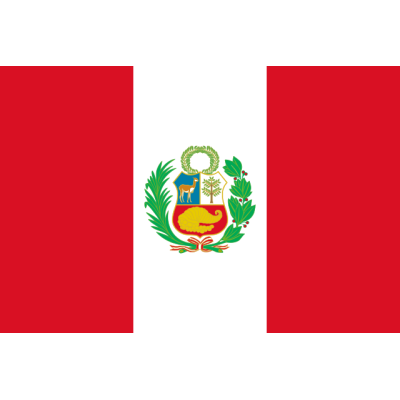
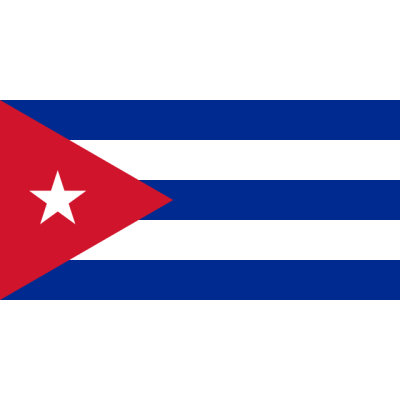
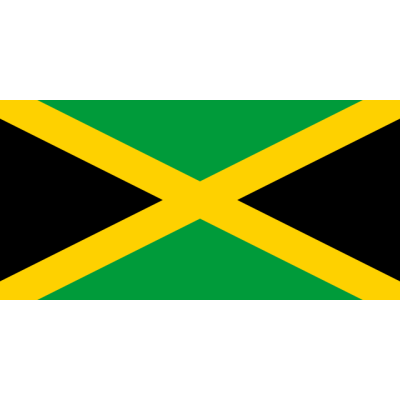
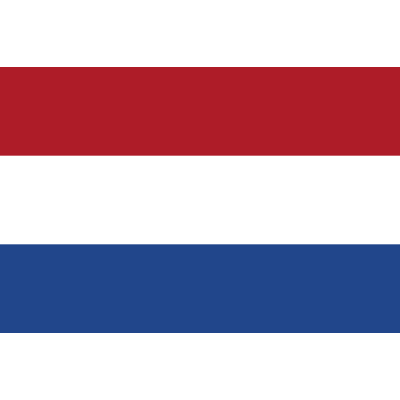
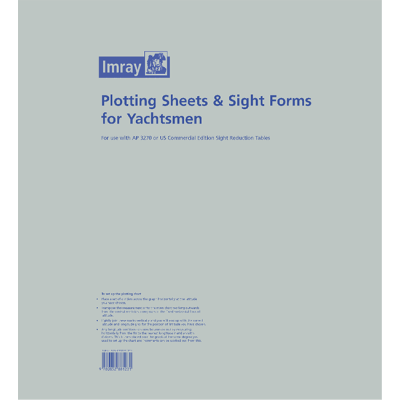
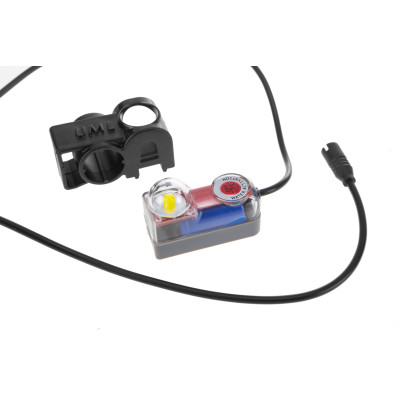
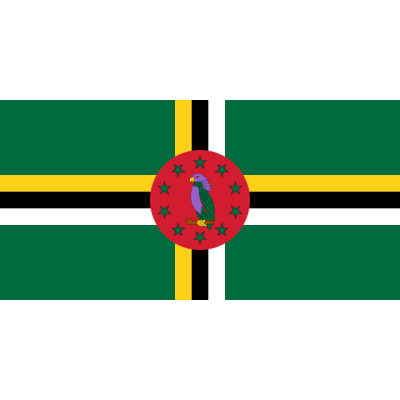



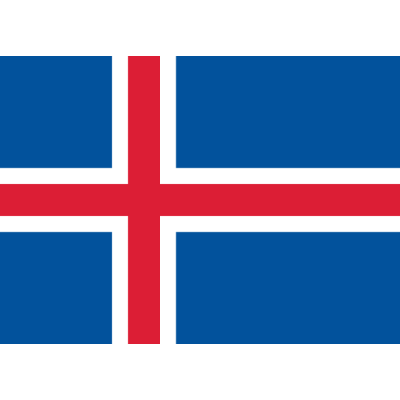
 Cookies
Cookies